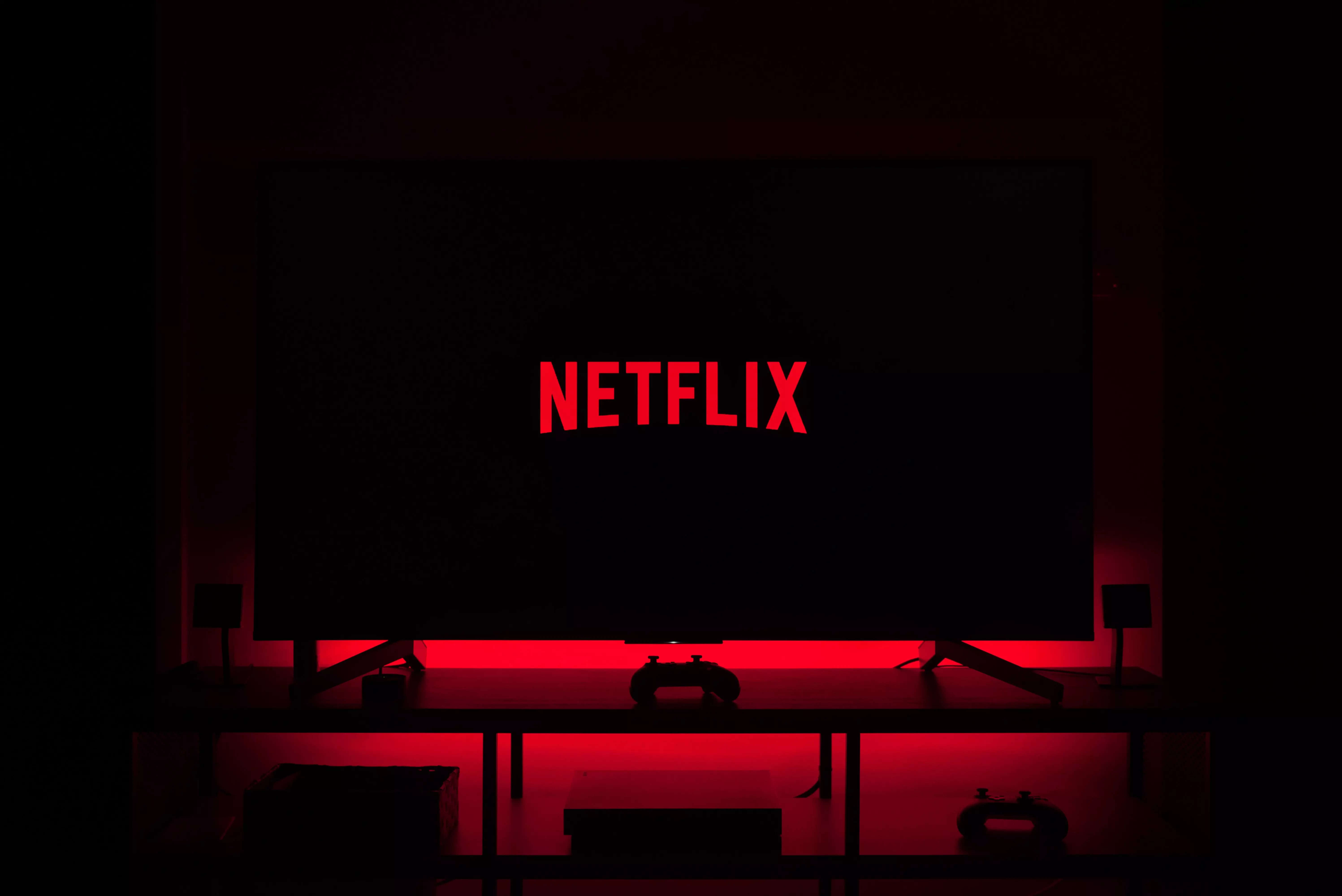Netflix: Netflix’s plans to stop users from sharing passwords has worked – Times of India
Paid sharing rolling out in other countries
Netflix confirmed that it is rolling out paid sharing to almost all of the remaining countries. In May, the company launched paid sharing in 100+ countries, representing more than 80% of its revenue base. India was not among the countries that had seen the feature rolled out but now it looks like users will not be able to share passwords with others.
“Now that we’ve launched paid sharing broadly, we have increased confidence in our financial outlook,” the company said in a statement. Netflix believes that its revenue growth will accelerate in the second half of 2023 as “monetisation grows from our most recent paid sharing launch and we expand our initiative across nearly all remaining countries plus the continued steady growth in our ad-supported plan.”
Netflix said that the“cancel reaction was low” and although it is still early stages, it is seeing a “healthy conversion of borrower
households into full paying Netflix memberships as well as the uptake of our extra member feature.”
Password sharing was quite a common thing for Netflix users and the company has put in a lot of effort in ensuring users don’t do that anymore.
function loadGtagEvents(isGoogleCampaignActive) { if (!isGoogleCampaignActive) { return; } var id = document.getElementById('toi-plus-google-campaign'); if (id) { return; } (function(f, b, e, v, n, t, s) { t = b.createElement(e); t.async = !0; t.defer = !0; t.src = v; t.id = 'toi-plus-google-campaign'; s = b.getElementsByTagName(e)[0]; s.parentNode.insertBefore(t, s); })(f, b, e, 'https://www.googletagmanager.com/gtag/js?id=AW-877820074', n, t, s); };
window.TimesApps = window.TimesApps || {}; var TimesApps = window.TimesApps; TimesApps.toiPlusEvents = function(config) { var isConfigAvailable = "toiplus_site_settings" in f && "isFBCampaignActive" in f.toiplus_site_settings && "isGoogleCampaignActive" in f.toiplus_site_settings; var isPrimeUser = window.isPrime; if (isConfigAvailable && !isPrimeUser) { loadGtagEvents(f.toiplus_site_settings.isGoogleCampaignActive); loadFBEvents(f.toiplus_site_settings.isFBCampaignActive); } else { var JarvisUrl="https://jarvis.indiatimes.com/v1/feeds/toi_plus/site_settings/643526e21443833f0c454615?db_env=published"; window.getFromClient(JarvisUrl, function(config){ if (config) { loadGtagEvents(config?.isGoogleCampaignActive); loadFBEvents(config?.isFBCampaignActive); } }) } }; })( window, document, 'script', );
For all the latest Technology News Click Here


